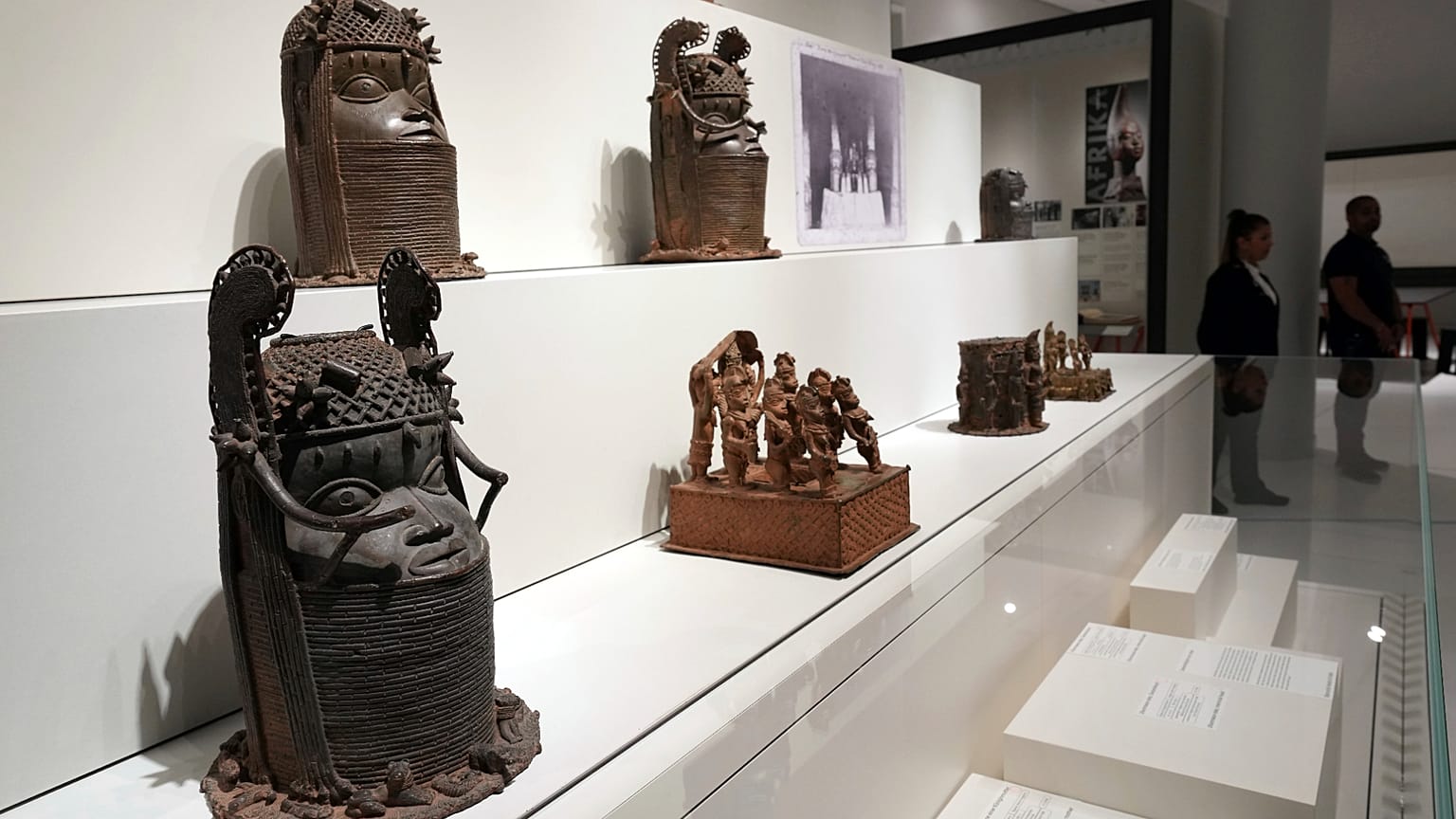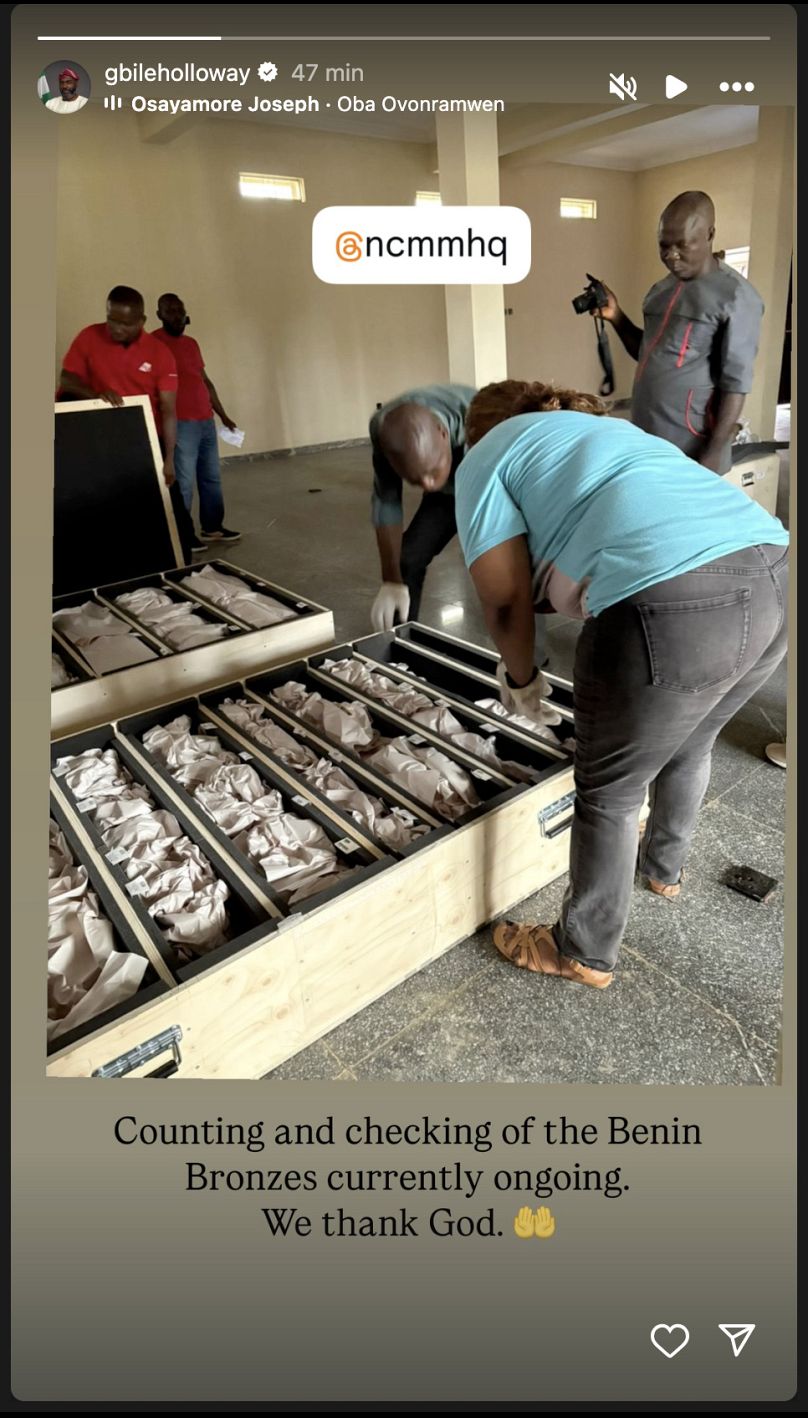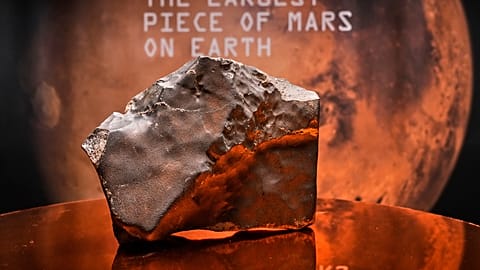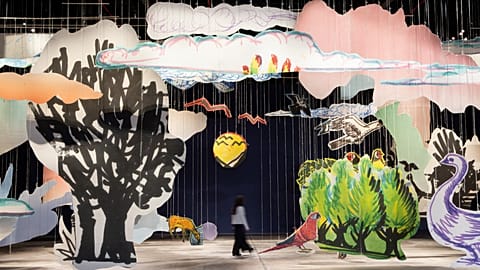The Dutch government agreed to return 119 Benin Bronzes to Nigeria in February, and the official handover ceremony will take place on 21 June. British colonial troops originally stole the artefacts in 1897.
It took more than a century but they are finally home. The Netherlands have returned 119 Benin Bronzes to Nigeria, nearly 130 years after they were looted by British colonial troops.
This shipment is the largest physical return of Benin artefacts to Nigeria to date. The Netherlands had agreed to their transfer in February upon request from the Nigerian government.
The official handover ceremony will take place on 21 June at the National Museum in Lagos, in the presence of representatives from both nations.
“The symbolism of this occasion cannot be overemphasised and what it means for the pride and dignity of not just the Benin people, but the whole of Nigeria”, said Olugbile Holloway, director-general of Nigeria's National Commission for Museums and Monuments, in a statement.
“We thank the Netherlands for the good example set and look forward to forging even greater ties between our two nations through cultural diplomacy”, he added.
Most of the Bronzes were part of the Dutch State Collection and were exhibited at the Wereldmuseum in Leiden. Four items will remain on display there on a loan agreement.
“We congratulate Nigeria on their persistent advocacy for the return of the Benin Bronzes”, said Dutch Ambassador for International Cultural Cooperation Dewi van de Weerd.
“We hope that this restitution is not the final chapter, but the foundation for further cooperation between Dutch and Nigerian museums.”
The Benin Bronzes are a group of several thousand plaques and sculptures made between the 15th and 19th centuries. Artefacts include ornaments, jewellery and masks, many of which decorated the royal palace of the Kingdom of Benin, now the Southern Nigerian Edo state.
Most of these objects were stolen in 1897, during a brutal punitive expedition in which British troops killed thousands of people and looted the palace.
Following the violent raid, the Kingdom of Benin was absorbed into colonial Nigeria. The stolen pieces were eventually sold to over 130 museums in 20 countries, mostly in the United Kingdom and Germany.
The result of a long-running effort
Nigeria has relentlessly campaigned over the years to reclaim the Bronzes.
The country signed a repatriation agreement with Germany in July 2022 for the return of 1,130 Benin Bronzes. Twenty of them landed in Abuja, the Nigerian capital, in December 2022.
Nigeria also sent a repatriation request to the British Museum in October 2021. The institution retains over 900 objects from the Kingdom of Benin.
Debates over the restitution of Africa’s looted art has reached several European countries in recent years.
Benin received 26 royal treasures from France in 2021. The pieces were stolen during the 1892 colonisation of the Dahomey kingdom. Mati Diop’s 2024 documentary Dahomey chronicled the restitution process.
The Nigerian government has yet to announce how and where the newly returned Benin Bronzes will be displayed.
In the meantime, young contemporary artists from Benin city, in southern Nigeria, have put together an exhibition on “Reclaiming heritage: new narratives”, currently on display in the National Museum in Lagos.



















